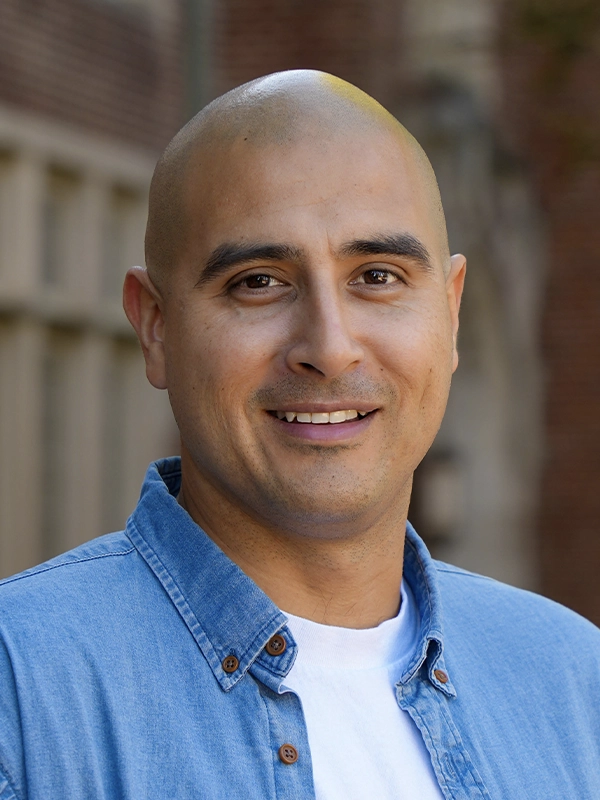Sociology Research on Policing Earns Award

The American Society of Criminology (ASC) has honored the research of a University of Tennessee, Knoxville, doctoral candidate studying the link between policing practices and gentrification in his hometown.
Diego Taboada (’16), who is pursuing advanced degrees in sociology and geography, was named co-winner of the 2024 Graduate Student Paper Award from the ASC Division on Critical Criminology and Social Justice.
“Our Department of Sociology is deeply committed to social justice, and much of the undergraduate training I received at UT stressed the importance of taking the abstract ideas and concepts learned in class and applying them to real-world situations to create social change,” he said.
“The faculty and staff, as well as the department’s focus on critical-minded and social justice-oriented scholarship, drew me back to UT sociology,” Taboada said of his choice for graduate school. He has a concentration in criminology and is also earning a master’s degree in geography.
A paper he read as an undergraduate on policing in areas that were changing physically and demographically led Taboada to pursue the topic further.
Using spatial analysis of data on arrests and building permits, he showed urban development activity was the most consistent predictor of arrests in Inglewood, California, in 2018. Taboada argues that policing practices were more about ensuring profit and securing private property than crime control in his paper titled, “Fixing Broken Windows or Racial Capitalism’s Fixers: Policing, Displacement, and Gentrification in One of California’s Last Black Enclaves.”
Taboada built a data set by sifting through about 20,000 arrests and 10,000 building permits from 2016 to 2020. He also used data from the Urban Displacement Project but had to narrow his focus to 2018. Other challenges included learning the mapping software and determining which approach was most suitable for the complex project. “With help from wonderful advisors in sociology and geography, though, I was able to work through my methodological approach,” he said.
Taboada said he’s fascinated by carceral geography, which explores the complex relationships among power, space, and social control and offers a unique perspective on pressing societal issues. “Carceral geography helps us analyze the spatial dimensions of incarceration, police practices, and urban development and can lead to a deeper understanding of the systemic and spatialized inequalities that people struggle through, challenge, and overcome on a day-to-day basis,” he said.
Taboada received the award at the ASC annual meeting in November. “This award is a testament to your remarkable commitment and the impact of your work in advancing the values we hold at the core of our division,” the section chair wrote in an email notifying Taboada of the award. “Your scholarship inspires the community, and we are honored to recognize you for your exceptional contributions to the field.”
By Amy Beth Miller